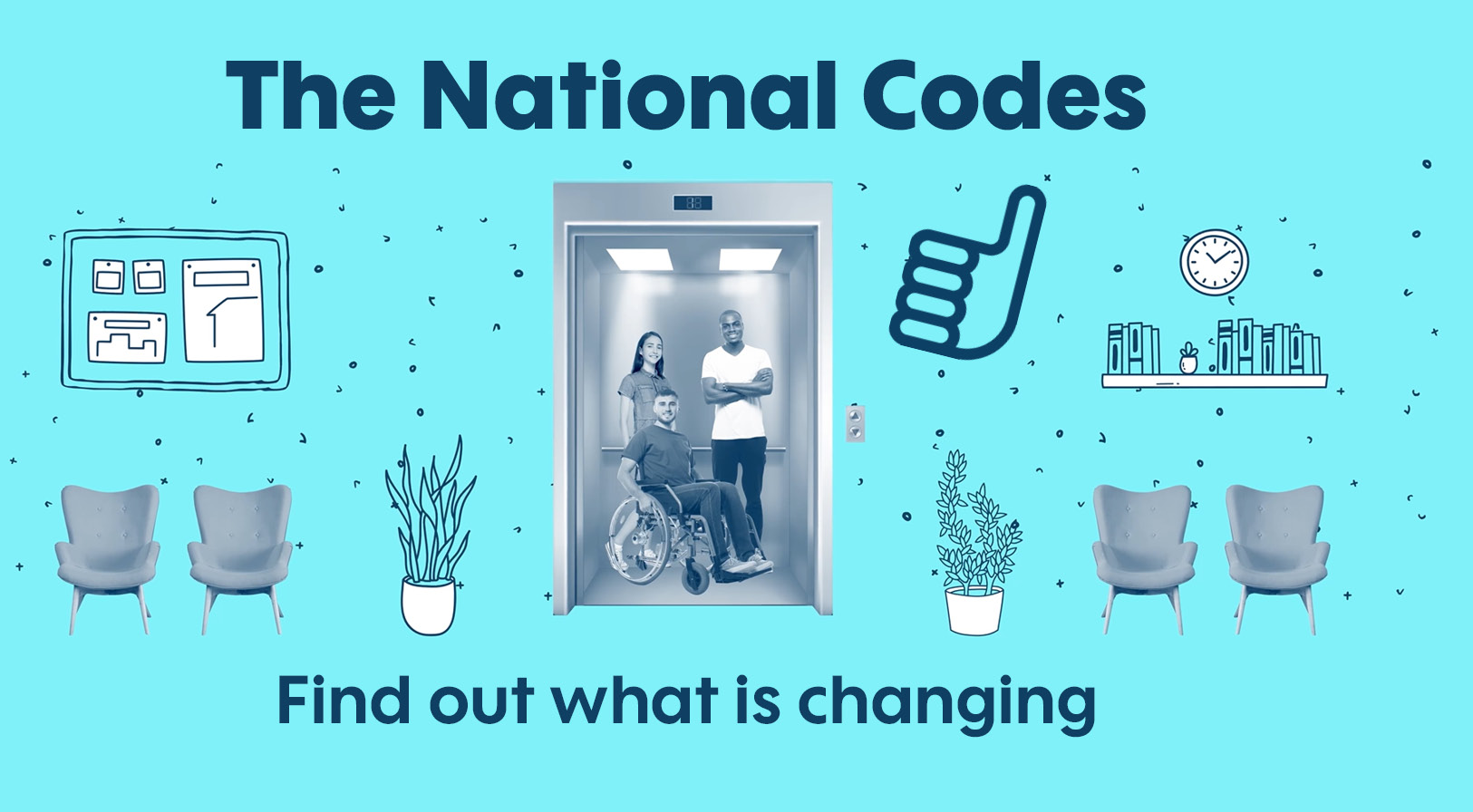
Following the consultation, some significant changes have been made to the content. The main sections of the code which have been subject to significant changes are:
- General / Additional Membership Requirements
- Equality and Diversity
- Before Occupants Move In
- Late Opening of New and Refurbished Buildings
- During the Occupancy
- Health ad Safety
- Fire Safety
- Occupant Satisfaction
- Handling Disputes and Complaints & Managing Conflict
The two areas of the Code that have seen the biggest overhaul are Equality and Diversity and the requirements regarding New and Late Buildings.
Equality and Diversity
This section of the Code has been impacted most by the review, with virtually all of the previous content being altered, and now with a particular focus on providing support for Disabled students
An explicit reference has been made within this section regarding compliance with the Equality Act 2010, and a secondary clause added setting out the requirement to make reasonable adjustments to meet the needs of Disabled students, in line with the appropriate assessment processes defined in the Act.
Research into the experiences of Disabled students in Higher Education shows that their cost of living is significantly greater than their peers. With a shift in ownership of accommodation to the private sector, it is important that financial support previously administered by educational institutions for these students is replicated through PBSA. To achieve this, a new clause has been added (2.4) that requires members to price rooms for students with mobility and physical impairments at the lowest room rate available within their own portfolio for that local authority area.
The final addition to this section is a requirement on providing gender-neutral toilet facilities. Following feedback regarding potential difficulties on fulfilling this due to some older accommodation developments being difficult to reconfigure, this requirement was amended to state that gender-neutral provision would only be required for facilities which are publicly available.
Late Opening of New & Refurbished Buildings
Since 2019 there has been a significant effort by the National Codes to monitor the delivery of late buildings across the sector, resulting in the introduction of the New and Refurbished Development Protocol in 2020. A number of changes have been made to this section, including the introduction of the sub-section titled ‘Late Construction: managing the problem and communicating with students’, which now covers 10 clauses and details enhanced provisions when late delivery occurs.
The requirement for members to abide by the terms of the protocol is now embedded into the Code itself. It makes clearer the responsibilities of the providers once a building is confirmed as delayed, and clarifies the steps providers are required to take regarding alternative accommodation and provisions for amenity loss. Within these requirements, a detail has also been added that states providers should give students the opportunity to leave the agreement with no financial penalty at pre-determined stages.
One of the biggest additions to this section of the Code is the introduction of compensatory payments for students affected by late buildings. The intention of these changes are to deter late buildings from occurring as well as to make clear to students what payments they can expect in given circumstances through the development of these no-quibble payments, which will be given in addition to the provision of alternative accommodation if a building is delayed.
The schedule of payments are set out below:
- £200 for initial inconvenience of the building being delayed
- £200 per week for 2nd-4th week that a room is late
- £500 for each subsequent 4 weeks after that
- £100 each time a notified moving in date is postponed
Learn more about these changes on the National Codes Website

